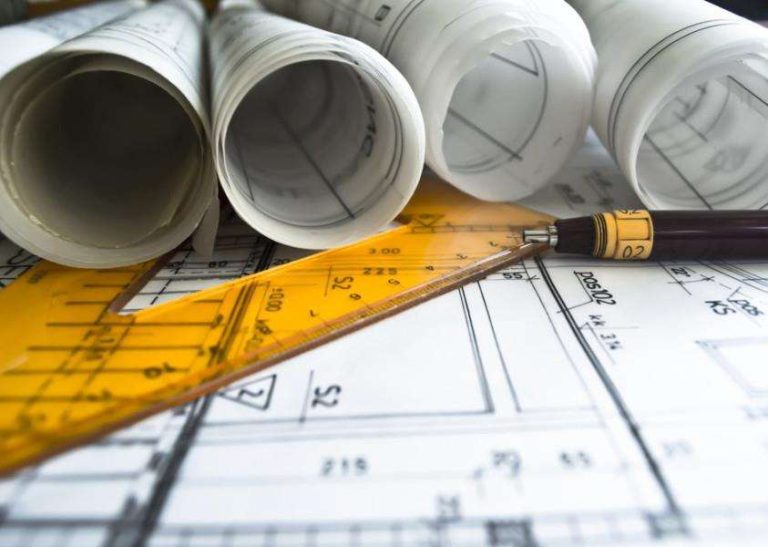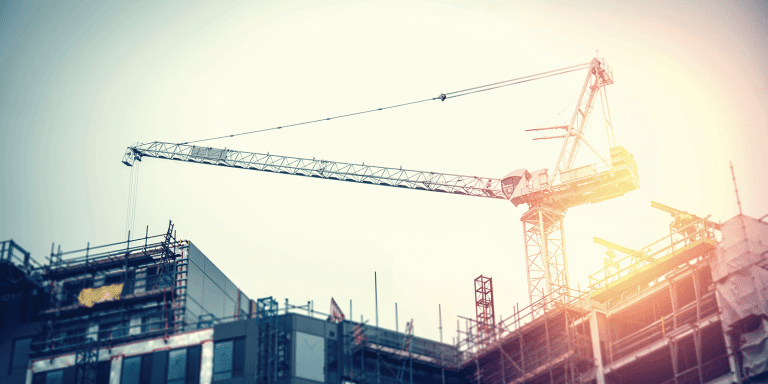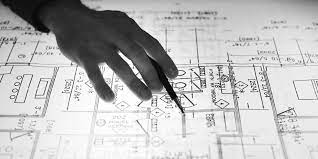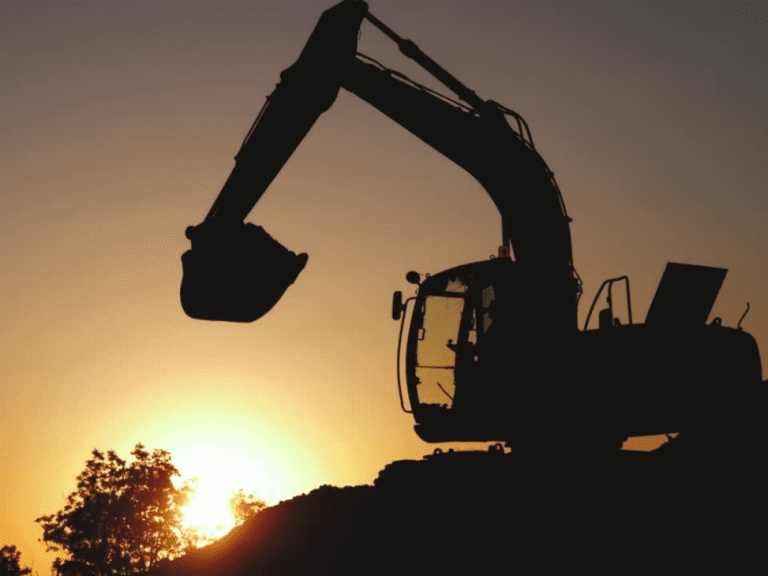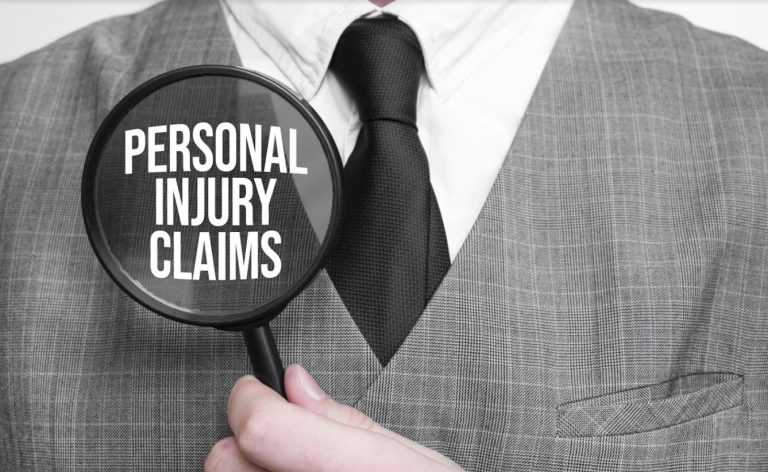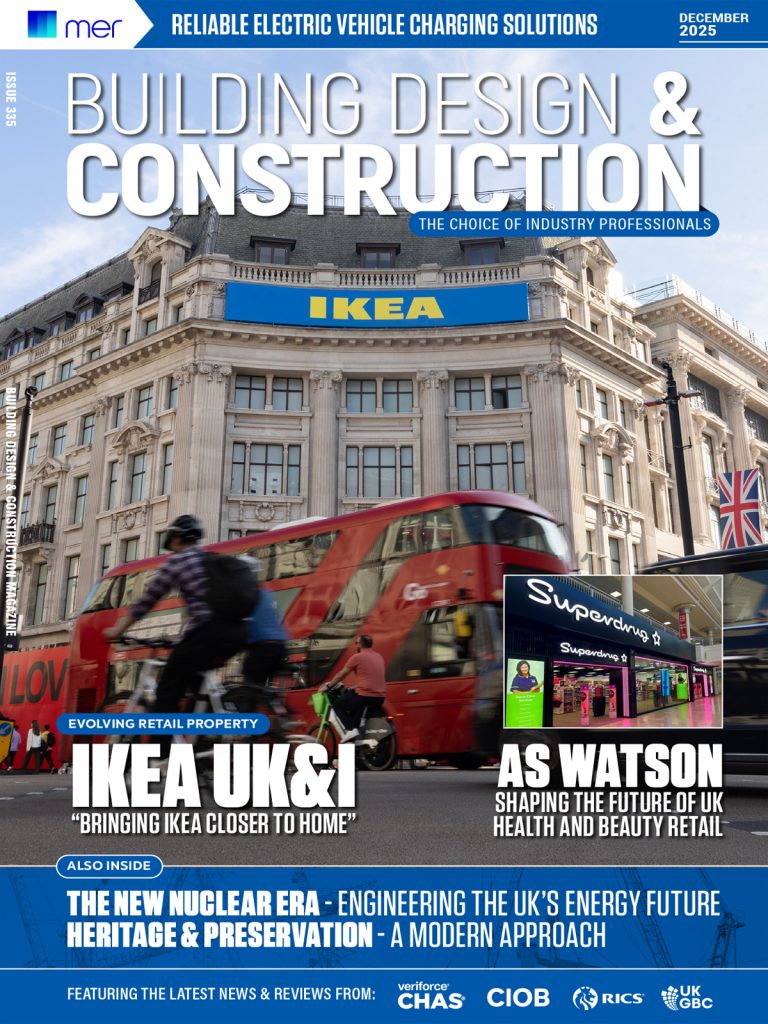If you’ve been injured in an accident, you’re entitled to file a personal injury claim. But, before filing a claim for personal injury, there are various things you should know. One of these is that filing a personal claim is a complicated process. Fortunately, once you choose the best personal injury lawyer from a reputable Denver PI Firm to handle your claim, the entire process will run smoothly. However, it’s still essential to keep the following things in mind before you decide to file a claim: 1. Know if Your Insurance Policy Covers the Accident If you think your injuries or the accident are caused by someone’s negligence, you might want to determine if that person has insurance coverage that would cover the injury claim you’ll take. For instance, if you’ve suffered from injuries due to a workplace accident, know if the company has insurance coverage for this or if your employer has a workers’ compensation policy. It’s crucial to do this since it can determine whether or not you’d be able to get a fair settlement. 2. Filing Personal Injury Claims Have Time Limits When filing a personal injury claim, you need to consider the time limits or statute of limitations to obtain a more desirable outcome for your case. Typically, the majority of personal injury claims are subject to strict time limits, which require court proceedings to be commenced within three years of the incident’s date. Other claims are also subject to shorter time limits. Therefore, it’s necessary to take legal advice immediately and never delay the process if you want to file a claim. Remember, by keeping the statute of limitations in mind, you’ll be encouraged to file your claim promptly. If you know you have a limited amount of time to initiate your case, you’re more likely to do so sooner rather than later. This can help ensure the evidence isn’t lost or destroyed and that the witnesses’ memories are still fresh. 3. Medical Evidence is Crucial to Support Your Claim Depending on the injuries you’ve sustained, you must seek medical advice from a doctor or any hospital. Medical evidence is needed to support your personal injury claim. If you can’t get your medical report because you’re still recovering, let your lawyer obtain it for you. 4. Insurance Companies are Involved in Personal Injury Cases Most personal injury cases often involve insurance companies, including claims that involve medical malpractice, vehicle accidents, or other accidents that happen in private homes or businesses. Insurance companies are vested in protecting your insurance company’s financial interests. The settlement offer that insurance providers make might not always be fair since they limit their company’s financial exposure. 5. Take Note of Your Expenses and Losses You should provide evidence of the financial losses claimed. If possible, keep some receipts for the expenses you’ve incurred. Keep a record of the costs incurred due to the accident. These may include loss of earnings, damaged items, medical fees, and travel expenses. 6. Gather the Statements of Your Witnesses If you can, speak to your witnesses and gather some vital information about your accident. Jot down their personal contact details, such as email address, phone number, and name. They may have other information you didn’t catch before. For instance, the other driver might be driving fast or hit your car at a red light. 7. Take Videos or Photos of the Accident If you or someone can take photos or videos of the accident, don’t forget to do it. Such can be a good piece of evidence that may disappear immediately when the emergency team and police arrive and start to clean the accident scene. 8. Decide Whether or Not to Hire a Personal Injury Lawyer Regardless of the complexity level of your case, it’s best to discuss it with a lawyer specializing in personal injury. Take note that talking with a lawyer isn’t the same as hiring one. Many personal injury lawyers offer a free consultation where they’ll discuss your case’s merits and outline all the available legal options for you. In many lawyer-client agreements in a personal injury case, the lawyer works on a contingency basis, which means the client won’t pay anything unless there’s a settlement or judgment in favor of the client. If your case wins or you’ve received compensation successfully, your lawyer will take an agreed-upon percentage of the judgment or settlement as a fee for the services. Depending on the complexity of your case or the amount of money at stake, it’s always worth it to have a lawyer to fight for you. However, it’s essential to note that there are specific signs you may need to seek legal assistance. These include: If you experience any of these situations, it would be advisable to consult an experienced personal injury attorney. This could enhance your understanding of your case and potentially improve your chances of securing a more favorable outcome. 9. Never Sign Anything Before Consulting a Lawyer Insurance adjusters might convince you that you won’t need a lawyer to settle your claim but bear in mind that insurance companies don’t care about your best interest. Most of them want you to deal with them directly in the hopes that you’ll settle for less than your case’s worth. With this in mind, it’s essential not to sign anything before speaking to personal injury lawyers because doing so can prevent you from recovering your compensation. Conclusion Filing a personal injury claim is never easy. By understanding the whole process and considering the above mentioned things, you’ll be more equipped with knowledge that may come in handy once you decide to file a claim for personal injury. If you’re still confused with the process, take legal advice and never hesitate to let your lawyer handle everything for you.






